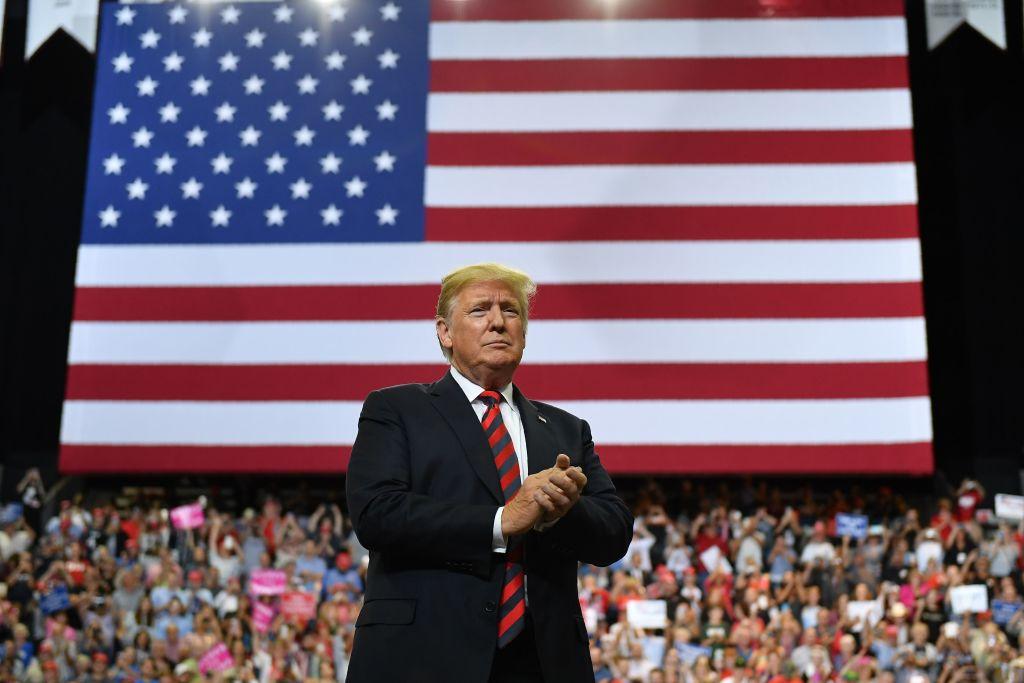The Trump administration is going on the offensive in cyberspace to deter adversaries from harming U.S. interests, according to a newly released cybersecurity strategy released by the White House.
China, in particular, was called out for engaging in “cyber-enabled economic espionage and trillions of dollars of intellectual property theft.”




